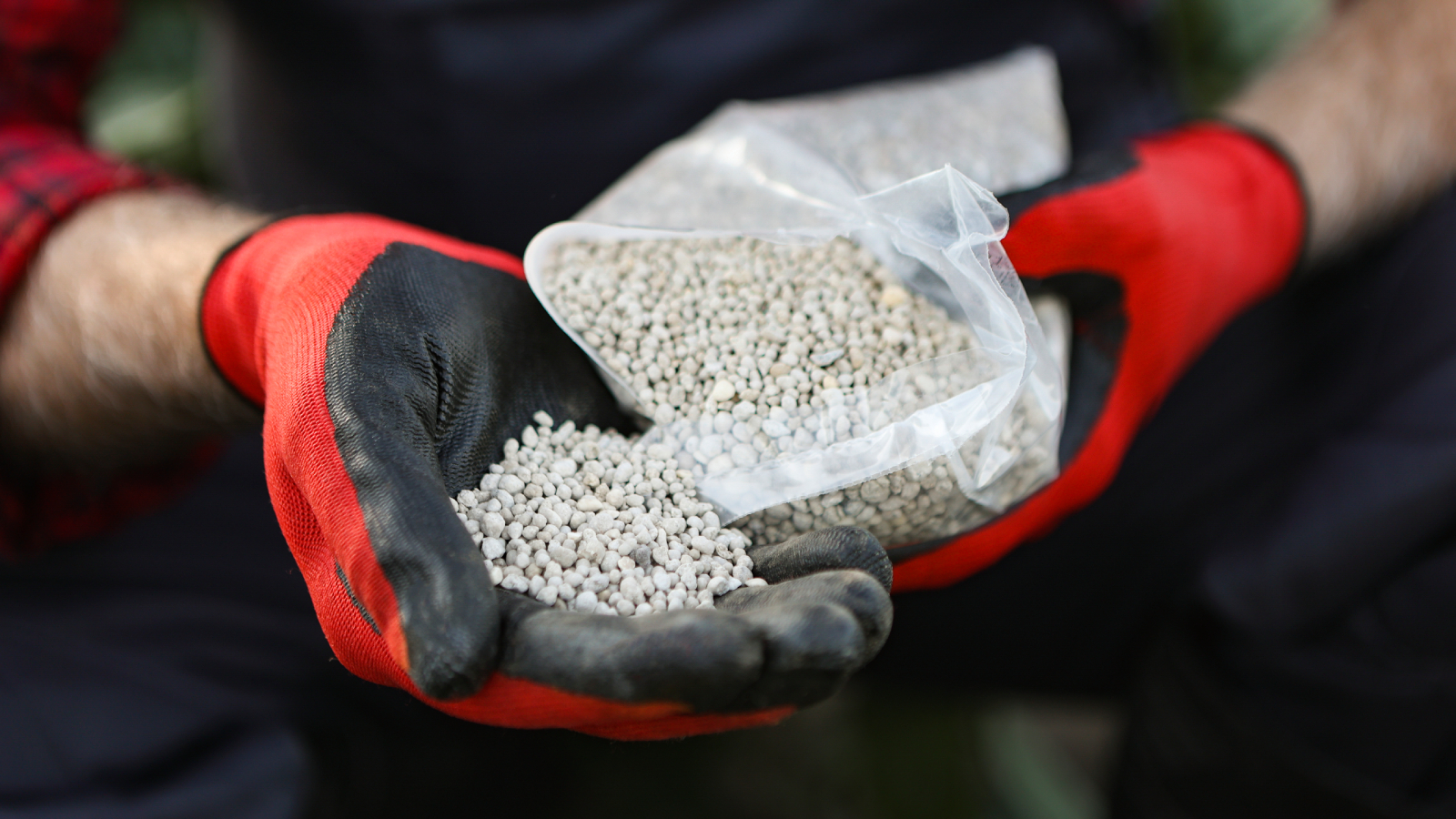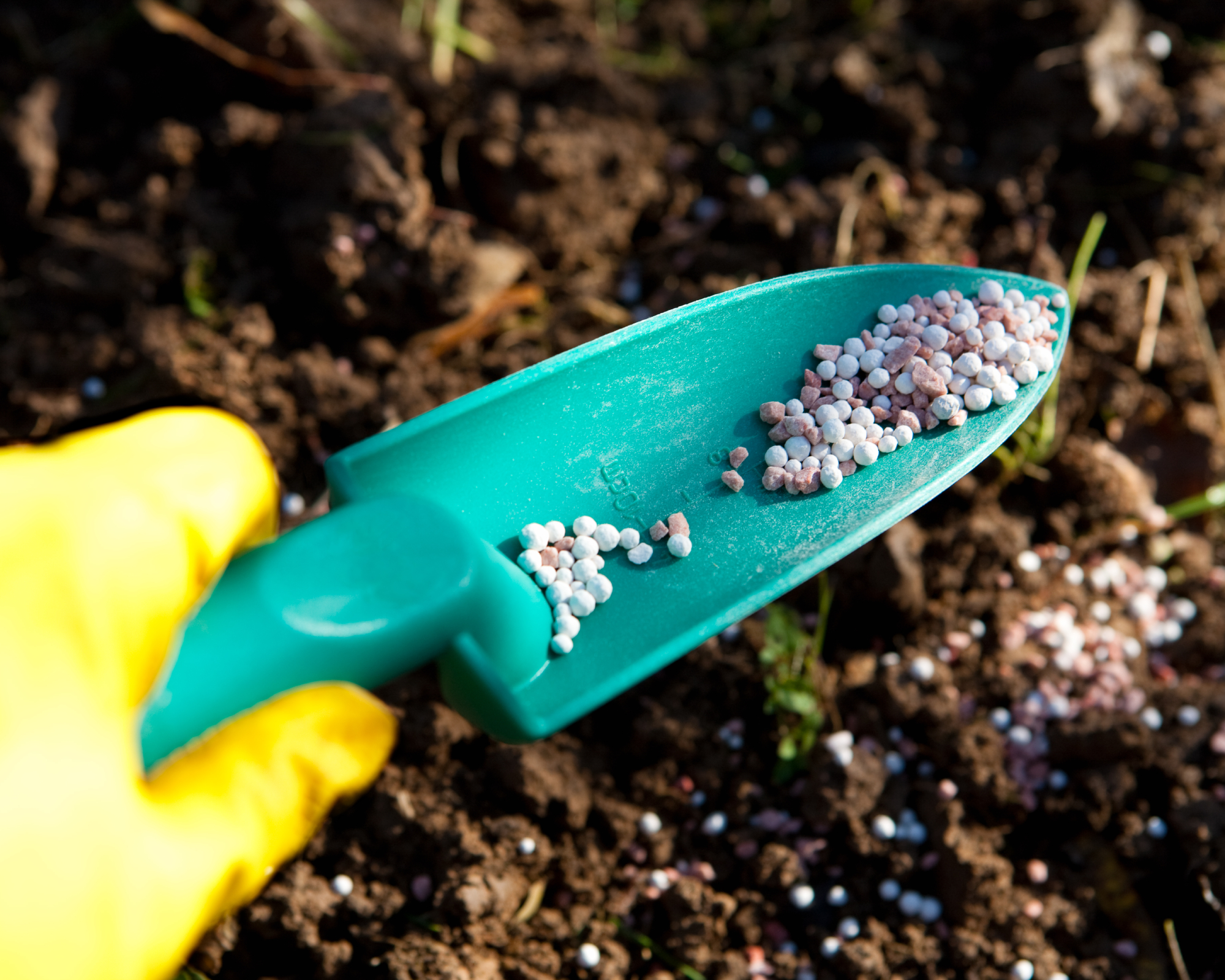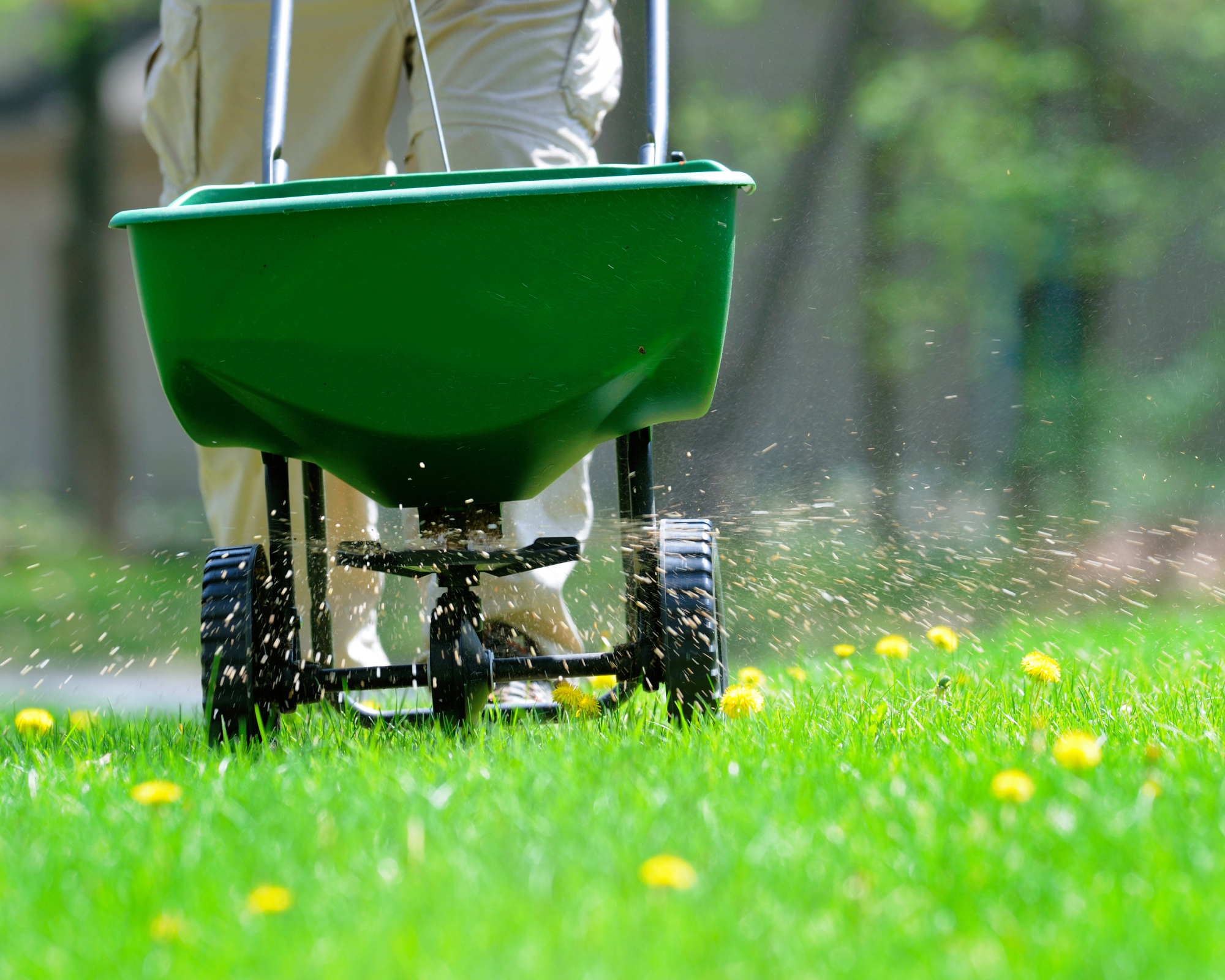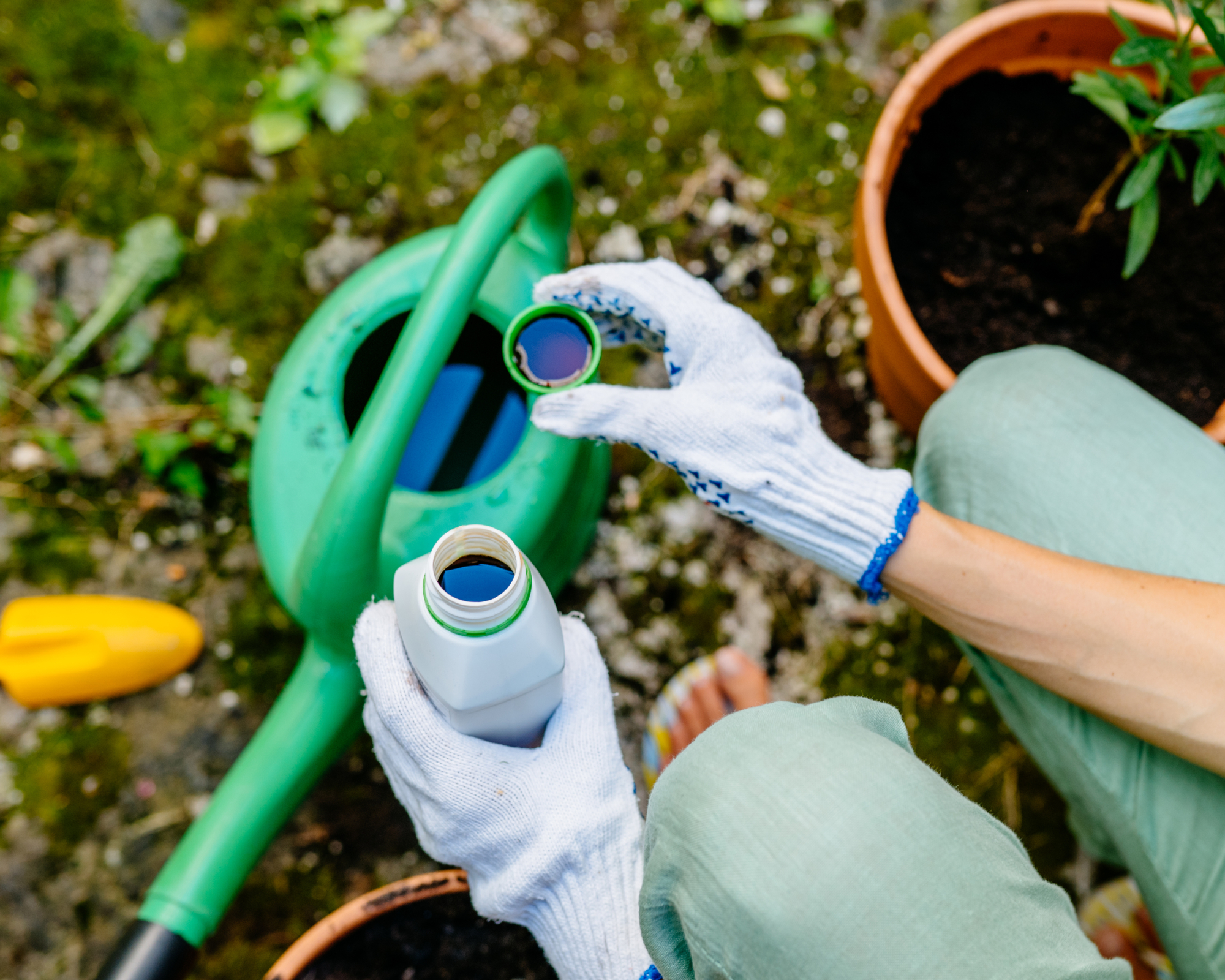
Sign up for the Gardening Know How newsletter today and receive a free copy of our e-book "How to Grow Delicious Tomatoes".
You are now subscribed
Your newsletter sign-up was successful
Have you noticed the cost of fertilizer lately? The costs keep going up and it's becoming harder to garden on a budget.
The other day, I pulled out an old fertilizer contemplating if I should use the dust-covered bottle or go out and buy some new feed. Then I began wondering “Does fertilizer go bad? Is there any harm in using it?”. The product looked and smelled as usual but it was purchased oh, about 15 years ago which makes it suspect.
So, does plant fertilizer really expire? It looks and smells okay to me, but will it still work on my plants? With a little research, I found out the truth. Keep reading to answer the question “Can fertilizer go bad?”.
Does Fertilizer Go Bad?

There are a couple of issues here. The first is do fertilizers expire? The answer is no. Not really. Unlike food, there is no expiration date on fertilizer. However, their effectiveness does diminish over time. So while fertilizer can expire, it is more about how well it was stored than an actual expiration date which the fertilizer probably doesn’t have listed anyway.
The other issue is storage. The better you store your fertilizer the longer it will last.
If the bottle or container smells bad, is bulging, has mold growth, or has an unusual texture that is different than when you purchased it, then you should properly dispose of it.
How Long Can Fertilizer Stay Viable?

The dusty container of conventional fertilizer I was looking at was purchased about 15 years ago and moved to 3 different houses. It was purchased for rose bushes we had at house #1. We don’t have roses. We still have rose fertilizer and it looked and smelled the same as when I purchased it.
Sign up for the Gardening Know How newsletter today and receive a free copy of our e-book "How to Grow Delicious Tomatoes".
Although the product may still be good, you need to understand that as time goes by, the fertilizer will gradually lose its efficacy. It may take more of it to nourish the plant.
If you decide to use an old fertilizer, use it sparingly at first and keep notes on how the plant is doing. You can always gradually increase the amount you’re giving the plant.
Granular formulas do not expire. Liquid fertilizers are generally good for 8-10 years. Lawn fertilizers that contain herbicides for weeds have a shelf life of 1-2 years. Again though, proper storage is key here.
How To Store Fertilizers

So how do you store fertilizer so it lasts longer? Fertilizer is hygroscopic meaning it absorbs moisture which causes clumping and dissolution; sometimes the fertilizer cakes up like cement. This in turn reduces the usefulness of the product.
So you will need to store your fertilizer in a sealed, waterproof bucket or other container. Seal any opened bags of fertilizer before you place them in the bucket. Liquid foods should stay in their original containers. Also store it in a cool, dry place. It is best to not store it in a shed.
Label the container when you seal the fertilizer inside with the type of food and date purchased. Rotate your products so the oldest are at the front and newer fertilizer is behind it. This way you will use the oldest fertilizer first.
Also, check the manufacturer’s instructions for information on storage recommendations.
How To Get Rid Of Old Fertilizer Safely
If you’ve decided a fertilizer is too old, what do you do with it? You can try using it in small increments on your plants as mentioned above, or you can get rid of it. How on earth do you safely get rid of old fertilizer though?
If the product is old but can still be used yet you don't want it, give it away. Don’t do this if the fertilizer is really old (like my 15 year old rose food) and you’re too lazy to find another way to get rid of it. If the product looks suspect; it's clumpy or solid, or if it’s generations old, find another way to get rid of it. Start with reading the instructions for disposal on the container. If it is an organic fertilizer, you can even mix it in to your compost bin.
Since I’m certainly not the only person with 15 year old fertilizer, some municipalities offer a hazardous household materials collection day. Check with your town or city to see if they accept fertilizer.
Similarly you can often take the fertilizer to your city’s municipal waste transfer station. If this or the above are options, but your fertilizer contains pesticides (or herbicides), check with them to see if they will dispose of the product for you.
Lastly, you can pay for a service to dispose of it. Let your fingers do the walking, on the internet, and find a company that specializes in the disposal of hazardous waste.

Amy Grant has been gardening for 30 years and writing for 15. A professional chef and caterer, Amy's area of expertise is culinary gardening.
